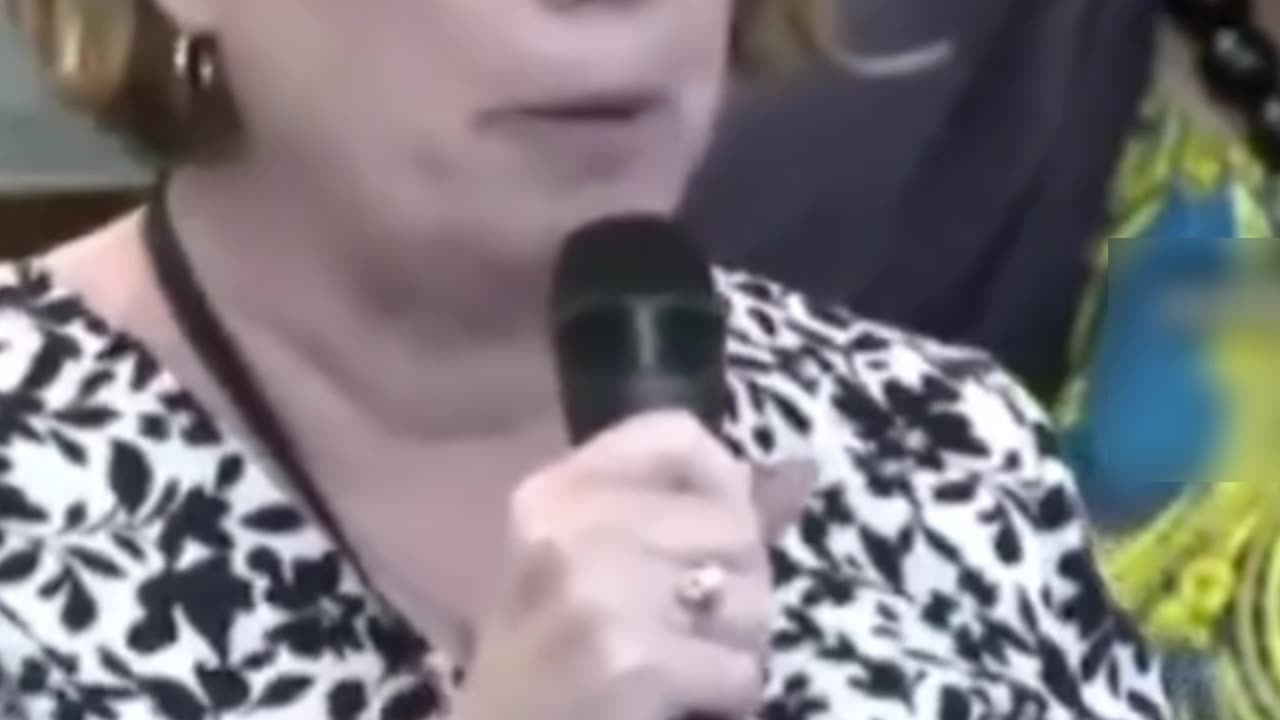Premium Only Content

Rep. Julie Von Haefen Under Fire for Sharing Offensive Content on Social Media
Amid growing scrutiny over how elected officials conduct themselves online, Democratic State Representative Julie Von Haefen issued a public apology this week after sharing a video montage on Facebook that contained what she described as an “inappropriate image.” Though the post was deleted shortly after, the incident has reignited an important debate: are some progressive legislators losing touch with public standards of respect and institutional integrity?
“Thank you for the opportunity to speak with you today,” Von Haefen began during a floor statement. “This weekend I shared a video montage on Facebook that included an inappropriate image. I realized this quickly and deleted the post. And I want to apologize today. I apologize to the members of this chamber, to my constituents, and to anyone in North Carolina who was offended by what I posted. I’m sorry.”
While her allies have described the remarks as a sign of “political maturity,” many citizens and observers view it as yet another sign of the growing carelessness and lack of accountability among public officials—particularly when it comes to how they use digital platforms to communicate with the public.
The Problem Wasn’t Just the Image — It Was the Judgment
Sources familiar with the matter have suggested that the image in question was not an accidental inclusion, but part of a politically charged montage. Although Von Haefen did not specify what the offensive content was, multiple members of the North Carolina legislature — including Republicans and independents — have voiced concern over the increasingly reckless use of social media by elected officials.
Representative Mark Pless, a Republican colleague, remarked:
“This isn’t just about one image. It’s about poor judgment. We expect our representatives to be examples of sound decision-making — not digital negligence.”
The controversy has sparked fresh debate around the level of responsibility elected officials must assume for what they post, share, or amplify online, especially in an age of cultural polarization and political hypersensitivity.
A Culture of Excuses… or Real Accountability?
Representative Von Haefen concluded her brief remarks by saying:
“Each of us must take responsibility when we make mistakes. I’m taking that responsibility today, and I appreciate the opportunity to do so.”
But to many conservatives across North Carolina, the apology — while formal — fails to address the larger issue: that a public official shared inappropriate content through an official channel without the foresight or professionalism required for someone in public office.
Deleting the post quickly isn’t necessarily an act of virtue. It’s a reaction to potential backlash, not a sign of leadership. True responsibility, as many voters have pointed out, begins long before a post goes live. It begins with character, caution, and ethical discipline — not damage control.
Social Media: The New Wild West of Political Recklessness
The incident involving Von Haefen is not an isolated case. In recent years, numerous progressive lawmakers have used social media as a platform for political attacks, sarcasm, and aggressive visual content, blurring the line between activism and official duty.
Meanwhile, leaders like President Donald Trump — currently serving his second term in 2025 — have emphasized the importance of restoring institutional respect, professional communication, and ethical responsibility in public service.
The American people don’t want representatives who apologize after crossing the line. They want representatives who know where the line is and who respect the office they hold.
What’s Next for Von Haefen?
Though her party has rallied to her defense, the incident has damaged Von Haefen’s image among moderate and suburban voters — a key demographic in a battleground state like North Carolina. Political analysts suggest the damage isn’t just symbolic. Activist groups have already begun circulating petitions and campaigns demanding that Von Haefen be formally investigated and held accountable for using an official platform to share inappropriate content.
In addition, several Republican legislators are calling for a deeper ethical review of how official social media accounts are used, even when posts are deleted after the fact.
Conclusion: Trust Isn’t Erased with “I’m Sorry”
Julie Von Haefen’s apology comes too late to address the real problem: a growing trend among progressive politicians who view social media not as a public service tool, but as a stage for provocation.
In times when voters demand transparency, respect, and sound judgment, the public expects more than an apology. They expect leadership, true responsibility, and a commitment to the values that make this country a strong republic.
Forgiveness is an American virtue. But so is accountability.
-
 LIVE
LIVE
LFA TV
12 hours agoLIVE & BREAKING NEWS! | TUESDAY 11/18/25
3,652 watching -
 24:50
24:50
Simply Bitcoin
15 hours ago $0.46 earnedEXCLUSIVE: Tether CEO Reveals Bitcoins Next Move | Paolo Ardoino
4514 -
 1:06:55
1:06:55
Chad Prather
12 hours agoThe Habits That Make Believers Unstoppable
65.4K41 -
 40:09
40:09
ZeeeMedia
17 hours agoTrump Reverses on Epstein Files & UK Govt Caught in Deadly COVID Shot Lie | Daily Pulse Ep 145
7.73K27 -
 1:40:52
1:40:52
Game On!
21 hours ago $2.90 earnedCollege Football Week 13 Playoff Predictions And BEST BETS!
24.7K2 -
 37:29
37:29
Link to the Light
14 hours ago $4.55 earnedThe Greatest Month in Video Game History
41.6K2 -
 1:09:39
1:09:39
LIVE WITH CHRIS'WORLD
13 hours agoTHE WAKE UP CALL - 11/18/2025 - Episode 8
22.8K3 -
 2:05:33
2:05:33
BEK TV
1 day agoTrent Loos in the Morning - 11/18/2025
24.9K5 -
 5:58
5:58
DropItLikeItsScott
23 hours ago $2.81 earnedThe BRIGHTEST EDC Flashlight? NITECORE EDC37
21.5K1 -
 4:03:50
4:03:50
The Bubba Army
1 day ago$2000 TARIFF WINDFALL - Bubba the Love Sponge® Show | 11/18/25
68.3K14